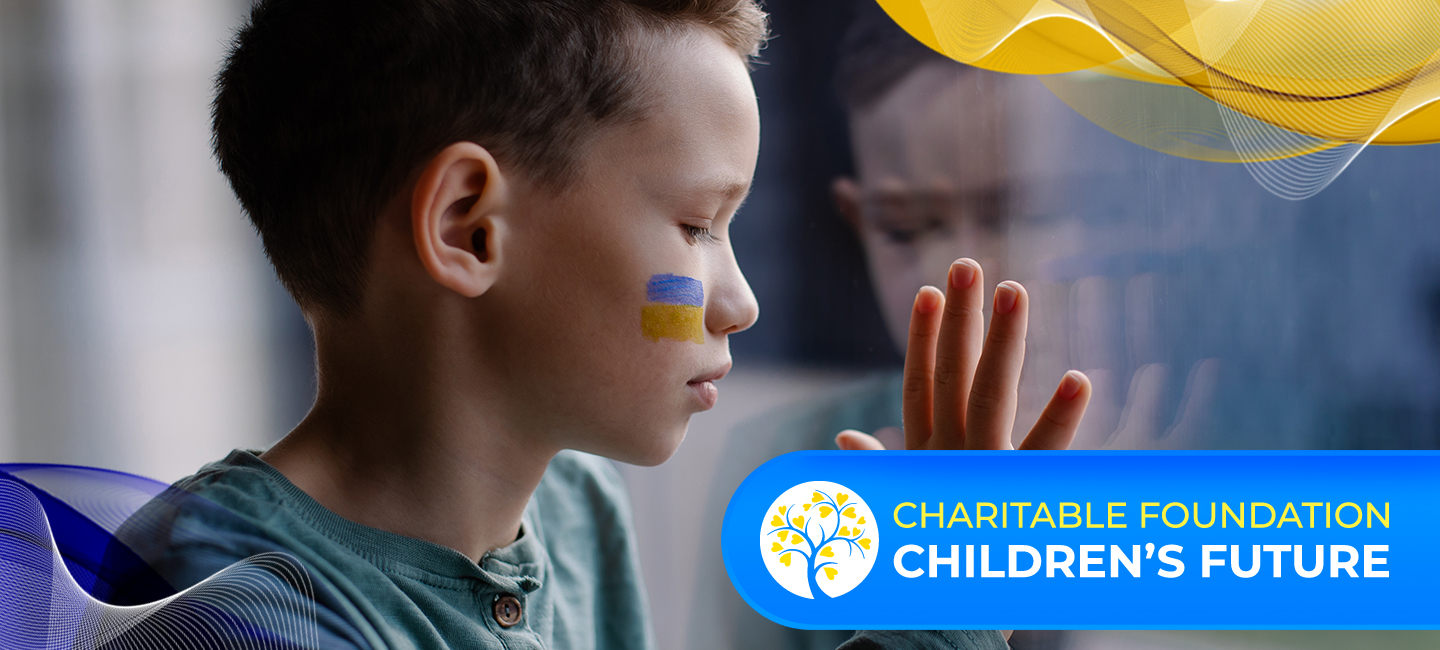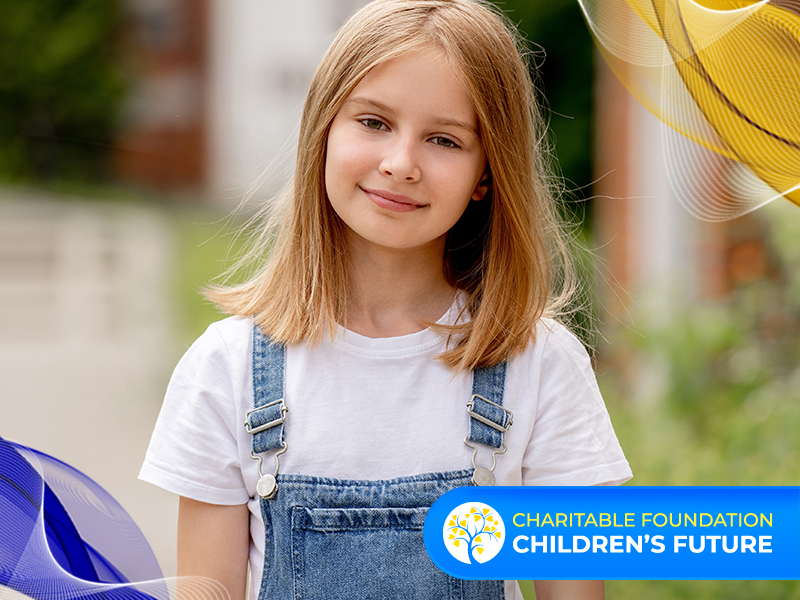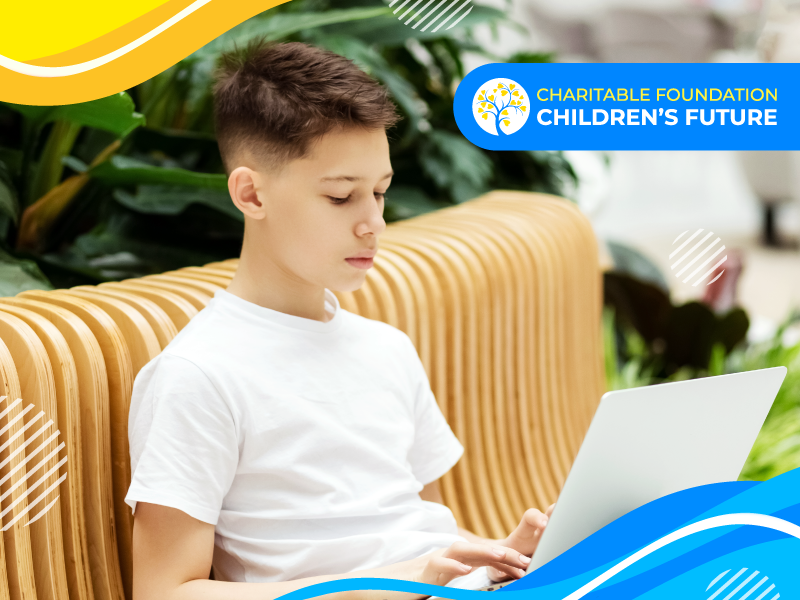Undoubtedly, war affects the emotional state of every child. Ukrainian students were not prepared for how to react to the new realities, often feeling alone amidst the chaos. The ongoing conflict negatively impacts children's education, disrupts cognitive development, and lowers academic performance. However, with joint efforts from parents and teachers, this impact can be significantly reduced. The main task is to support, help adapt, and provide proper learning conditions even during wartime.
Factors of War Affecting Students
War reduces the opportunities for quality education, but any factor can be minimized.
• Trauma and stress. Constant threat, fear, and loss of loved ones lead to traumatic experiences that reduce the ability to focus on studies during the war.
• Inaccessibility of education. War leads to evacuations, destruction of schools and infrastructure, often interrupting the educational process. This increases the risk of losing skills and knowledge.
• Tension at school. The place of study during the war can become a zone of psychological tension due to limited resources, anxious moods among students and teachers, and the need to stay in shelters for extended periods.
• Instability at home. Frequent relocations, loss of home, and lack of means of subsistence create unstable conditions for learning during the war, exacerbating the community's financial and social problems.
• Psychological blockages. War can cause a loss of motivation to study, feelings of helplessness and disappointment, and indifference to the future due to constant stress.
How to Mitigate the Impact and Organize Learning
Safety
Creating a safe and stable environment is the primary condition for reducing the psychological impact of war on children's education. Young students should be shielded from news, and teenagers should be taught how to properly respond to stressful situations. Every child should know how to act during an air raid alarm and what to have in an emergency bag. This is fundamental. If safety is under control, children can better focus on learning, develop, and realize their potential during wartime.
Access to Education
Even in difficult conditions, it is essential to ensure access to quality education. If traditional face-to-face learning is not available, consider hybrid or distance learning. Using modern technology and accessible online resources allows students to continue their education even if they are in occupied territories, evacuation, or combat zones.
Self-Belief
Children need to understand that they can overcome any trials. Share family stories or biographies of people who have overcome significant life challenges. Change negative attitudes like "I can't" to "I will do it" or "I will try." Explain that all bad things, including wars, eventually end. Providing hope for a better future and supporting optimism helps children feel strong and confident in their studies despite any circumstances.
Adaptation
It is crucial to teach children self-regulation techniques to reduce stress. These can include breathing exercises, art therapy, or even an honest conversation. Find a balance between studying and resting during the war. You might need to revise the schedule and workload, change the pace of learning, or adjust the curriculum. Ensure that learning is not overwhelming and that there is enough time for recovery, socializing with friends, and hobbies. This approach helps maintain mental health and achieve academic success during wartime.
Individual Support for Each Child
There are no universal measures that are effective for all children. Each child is unique, and what helps one may not be effective for another. Some may normalize their psychological state through creativity, sports, or socializing with loved ones, while others find peace in quiet solitude. Try different methods of psychological support and choose the one that helps your child the most. If necessary, consult a child psychologist who can help find the most effective strategies. However, education should always remain a priority, as it is a way to stabilize children's lives during the war and create prospects for their future.

















